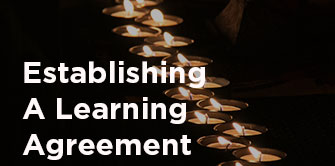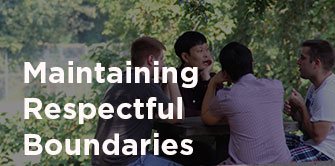Suggestions for the Meeting of Learning Partners
&The PMM faculty and staff are available to advise and assist you with all aspects of the PM&M program. The PM&M office is located at Wesley's main campus in the Kresge building, office suite K-107. Please feel free to contact us.
Dr. Doug Powe
PM&M Director
DPowe@WesleySeminary.edu
Call or stop by:
202.885.8666 or K-107 PM&M Suite
Rev. Debra M. Whitten
PM&M Program Administrator
PMMAssistant@WesleySeminary.edu


